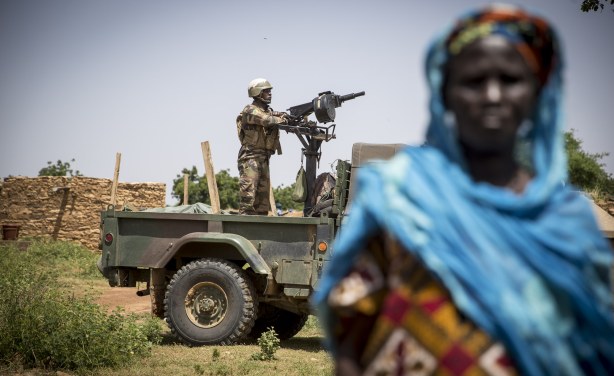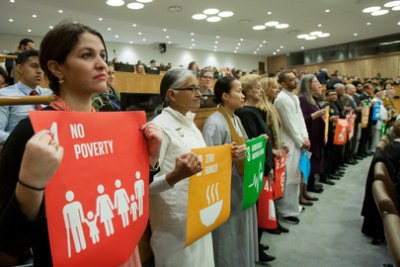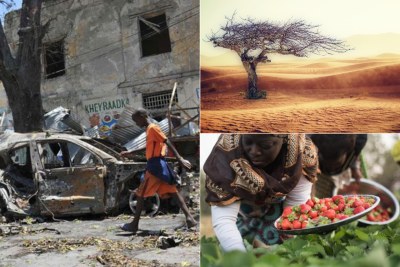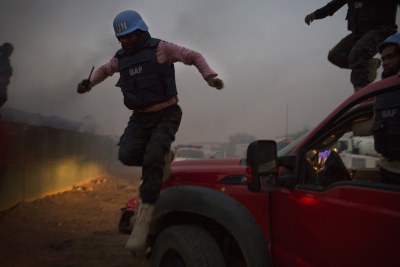-
Mali: Climate Change Hinders Peacebuilding - Research Institute
DW, 21 April 2021
Research group SIPRI has identified a link between climate change and extremism in the West African country. As the region reels from the sudden death of Western-backed strongman… Read more »
-
Africa: Climate Change in the Central African Republic - What Threats?
ICRC, 1 February 2021
With many meteorological stations having fallen into disuse or now obsolete, the climate of the Central African Republic is one of the most poorly monitored in the world. Yet this… Read more »
Climate Change Hinders Peacebuilding in Mali - Report
Research group Stockholm International Peace Research Institute (SIPRI) has identified a link between climate change and extremism in Mali. This report detailed how environmental changes, including limited land, lack of fresh water and other natural resources, are at least partly driving the growth of extremist groups operating there. With most Malians relying on natural resources for their livelihoods, a lack of economic alternatives in some areas means other players, such as extremist groups, are more likely to step in and offer false promises. While SIPRI's report focused on Mali, the effects of climate change also transcend national boundaries across the Sahel. The report focused on the multilateral deployment of the United Nations Multidimensional Integrated Stabilization Mission in Mali (MINUSMA). The peacekeeping mission was established in 2013 in the wake of the Tuareg rebellion to bolster the government and neutralise extemist groups, which are heavily involved in organized crime and human trafficking. The mission is considered a priority due to its impact beyond Mali's borders, with its mandate due to expire in June 2021.
Documents
-
22 April 2021
Climate-Related Security Risks and Peacebuilding in Mali
- Author:
- Stockholm International Peace Research Institute (SIPRI)
- Publisher:
- Stockholm International Peace Research Institute (SIPRI)
- Publication Date:
Climate-related security risks are transforming the security landscape in which multilateral peacebuilding efforts are taking place. Following a ... see more »
InFocus
-
Did we live up to the commitment we made in 1999 that every one of us needs to consciously make peace and nonviolence a part of our daily existence? I think not, writes Nihal Saad, ... Read more »
-
With the ongoing conflicts in Cameroon, Somalia, Nigeria, the Sahel and Mozambique, peace on the continent may seem elusive, but Nigerian-based Joy Ada Onyesoh, president of the ... Read more »
-
Attacks carried out by militants against military personnel in central Mali could hamper government efforts to start a dialogue process, experts have said. Mali has been struggling ... Read more »

A UN peacekeeper in the village of Diallo in the Bandiagara area in Mopti in Mali (file photo).





